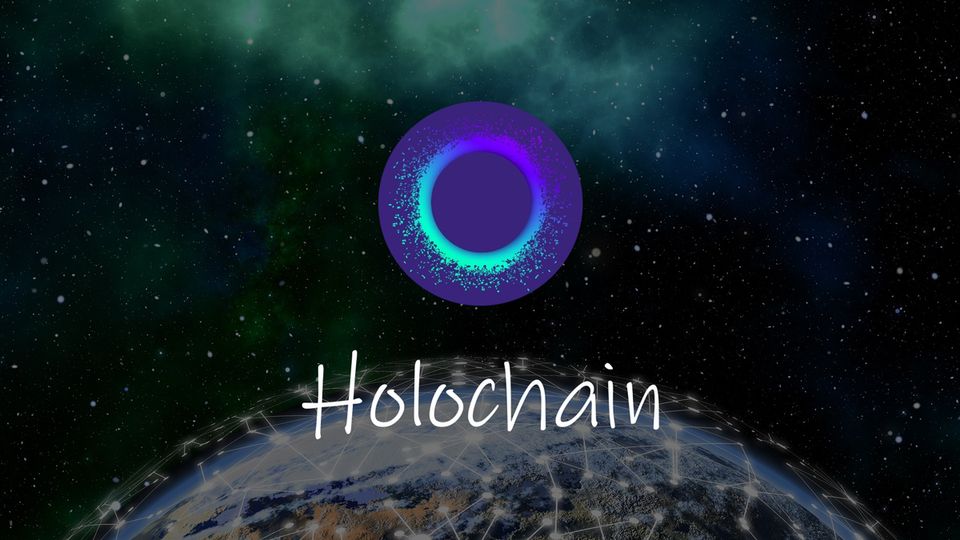Can Holochain’s hApps conquer the dApps?

Holochain aims to be an open source framework for building distributed peer-to-peer applications. It is easier to see Holochain as a peer to peer hosting platform. Which transforms Web 2.0 sites (e.g., Facebook, Wikipedia, Twitter, Slack, etc.) into Web 3.0 systems known as Holochain apps (hApps). These are cryptographically secured and decentralized through peer hosting, a bridge to the new internet where data is user controlled. Which begs the question, can Holochain’s hApps conquer the dApps?
What is Holo’s value?
Holo allows anyone to turn their computer into a source of revenue. One of the preferred analogies in the Holochain community is:
Holo does to web hosting what Airbnb did to hotels.
The idea is that anyone can become a host and earn in Holo fuel. All you have to do is run the software to allocate spare storage space and power to the network. As a host you can choose which hApps you want to serve. Even set your own prices for hosting – essentially, run your hosting business as you see fit.
Are hApps better than dApps?
Applications built on Holochain are more scalable and efficient when compared to dApps built on Ethereum. This is because Holochain resembles more of a DAG based blockchain. Where hApps run on their own blockchain following their own validation rules. Meaning only participants involved in the transaction need to verify it. As a result, the network will not slow down by global consensus. In fact, Holochain apps can operate without a currency, they can even function while being offline. This is great for adoption! As you can immediately offer your application to people who may not really know cryptocurrency at all.
Looking to the future… Building and using hApps over existing legacy websites allows you to own your own data. Imagine using social networks where you can keep control of your identity. Furthermore, you can verify when you use an application that it is not sharing your data. Many centralized apps share data with hundreds of other Apps that you do not even use. Vendors can build an online presence for their shop without needing to rely on centralized systems for payments.
- The sector of data is very heated in blockchain, you could find competitors such as: Dock, Fetch, Ocean or SingularityNET – just to name a few.
To keep it short, there are an endless amount of real-world use cases, without scalability issues. All Holochain needs to do is attract the developers and users!
